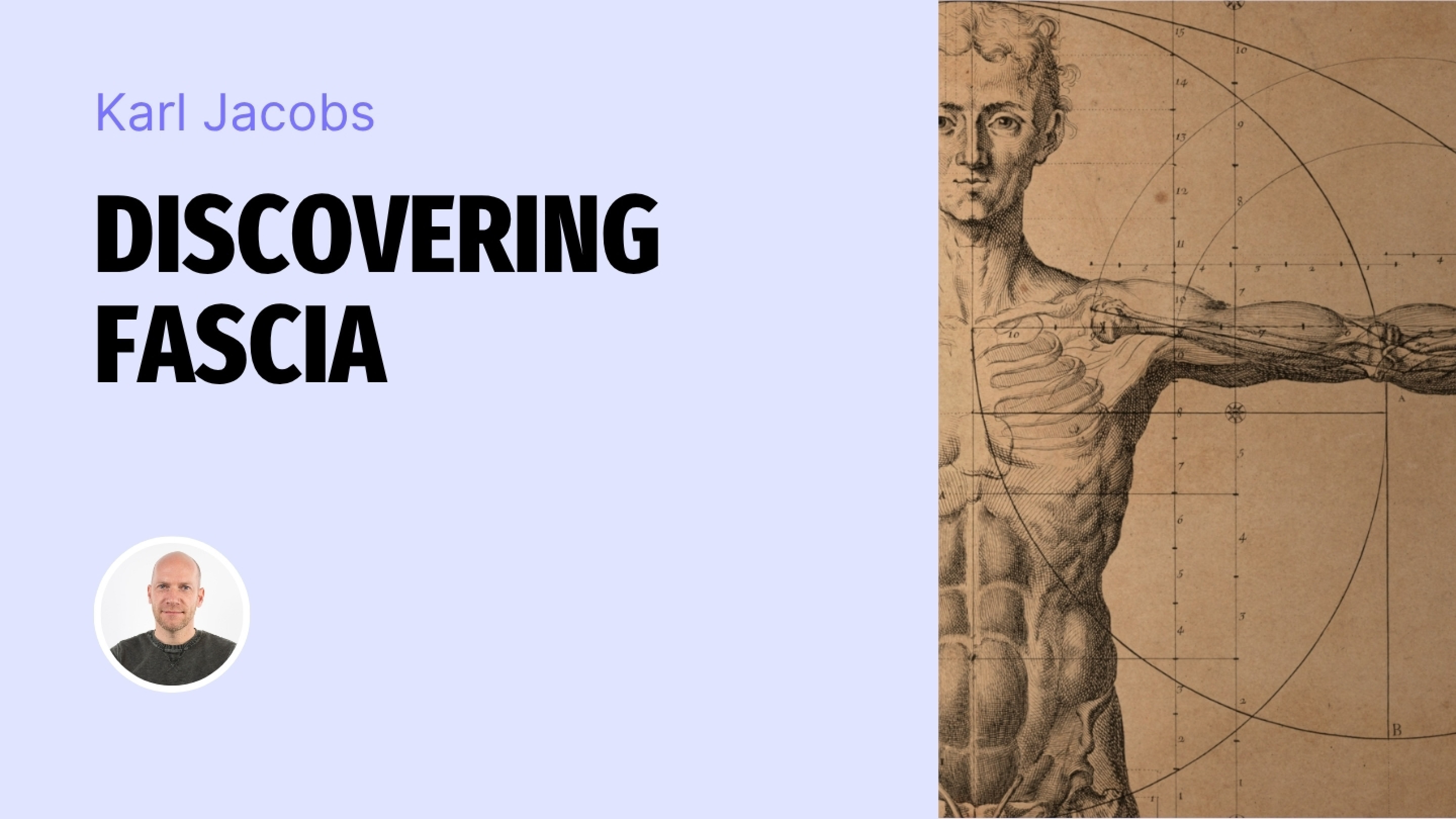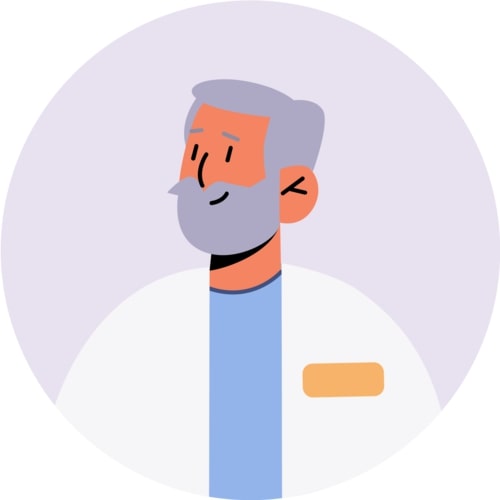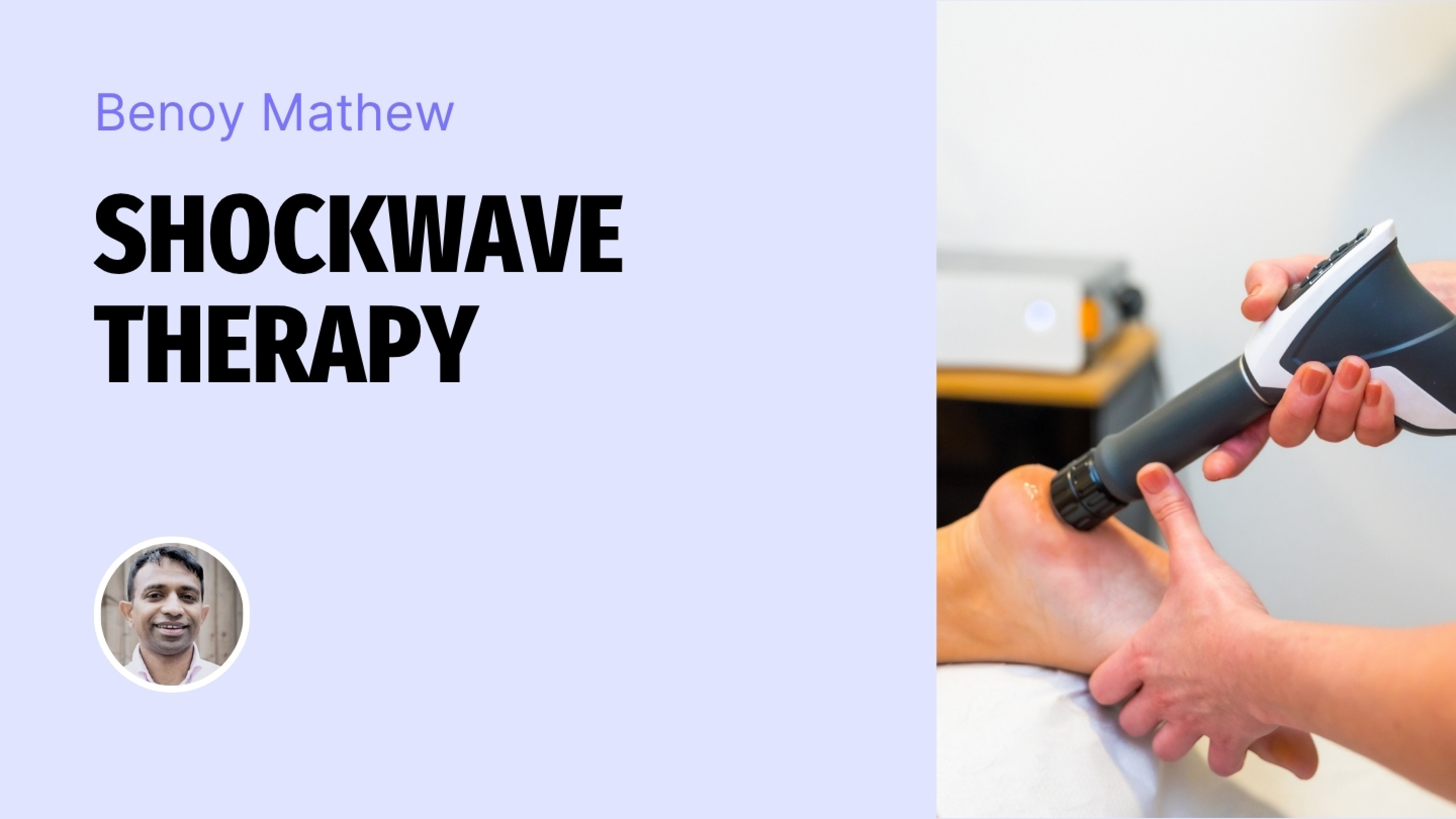Discovering Fascia
Order multiple courses

Discovering Fascia: Unveil the Science Behind the Fascial System
Fascia plays a crucial role in the structure and function of the musculoskeletal system, yet its complexity is often underappreciated. This course is designed to provide physiotherapists and healthcare professionals with an in-depth understanding of the fascial system's anatomy, physiology, and clinical relevance. Whether you're seeking to expand your foundational knowledge or enhance your clinical practice, this course offers a comprehensive exploration of fascia.
Course Overview
Through a detailed study of fascia, this course will guide you through its embryological, histological, and physiological properties. You’ll learn how the fascial system influences movement, stability, and recovery, and how to apply this knowledge to improve patient outcomes in practice.
What You Will Learn
Comprehensive Understanding of Fascia: Gain a deep understanding of the fascial system, including its structure, function, and role in musculoskeletal health. You will explore the latest research on fascia and how it connects and supports muscles, bones, and organs.
Fascia in Clinical Practice:Learn how to assess and treat conditions related to fascial dysfunction. You’ll discover techniques for addressing fascial restrictions and how to integrate these approaches into your treatment protocols.
Embryological and Histological Perspectives: Explore the development and histological characteristics of fascia to understand its behavior in both normal and pathological states. This knowledge will enhance your ability to diagnose and treat fascial-related issues with greater precision.
Fascia's Role in Movement and Stability: Investigate how the fascial system contributes to movement patterns and structural stability. You’ll learn how dysfunction in this system can lead to pain and restricted movement and how to address these issues effectively.
Evidence-Based Approach
This course integrates the latest scientific research - You'll finish the course with a solid understanding of how fascia influences health and rehabilitation, and how to apply this knowledge in clinical practice.
Interactive Learning and Practical Application:
Video Demonstrations and Quizzes: Engage with high-quality video demonstrations of fascial dissections. Test your knowledge with quizzes designed to reinforce key concepts and help you apply what you’ve learned in real-world scenarios.
Clinical Application: Learn practical examples of fascial dysfunction and treatment. These exercises will enhance your clinical decision-making and ensure you can implement fascial techniques confidently.
Why This Course Stands Out
Expert Instructor: Learn from Karl Jacobs, an accredited anatomist with a special interest in fascia. Karl is currently a lecturer at the University of Amsterdam’s Department of Medical Biology and is a recognized authority in functional anatomy. With years of experience teaching and conducting research on the fascial system, Karl brings a wealth of knowledge to this course, helping you understand fascia from both a scientific and clinical perspective.
Cutting-Edge Content: Stay up-to-date with the latest research and innovations in fascial studies. This course delivers the most current insights on fascia, ensuring your practice remains at the forefront of musculoskeletal health.
Practical, Evidence-Based Techniques: This course emphasizes practical application, teaching you how to translate theory into effective treatment strategies. With a focus on evidence-based approaches, you’ll be equipped to enhance patient outcomes through advanced fascia therapy.
Outcome
By the end of this course, you will have an in-depth understanding of the fascial system and its clinical relevance. You’ll be able to apply your newfound knowledge to assess and treat fascia-related conditions, improving your patients’ overall movement, stability, and recovery.
Related courses

Karl Jacobs
Anatomist
Karl is an accredited anatomist, presently working at the Amsterdam University of Applied Sciences. He collaborates with the Department of Medical Biology, Section Clinical Anatomy & Embryology of the University of Amsterdam. He graduated as a Physical therapist at the University of applied science for physiotherapy, “Thim van der Laan”, Utrecht the Netherlands in 2003. As a physical therapist he has always been interested in the diagnostic assessment and orthopaedic rehabilitation of musculoskeletal disorders. Since 2006, he has worked as a lecturer at the Amsterdam University of applied science and is responsible for the delivery of the dissection and anatomy program. He also lectures on anatomy in the musculoskeletal ultrasound courses at the Amsterdam Medical Centre, organised by Enraf-Nonius and SonoSkills. As an anatomist his area of special interest is the functional anatomy of the musculoskeletal system, with a particular focus on fascia. He graduated with his MSc Functional and Clinical Anatomy from the University of Birmingham (United Kingdom) in 2017; his final dissertation was on the embryological, histological, physiological and morphological aspects of the fascial system.
4.7
Fascia ontdekken
heel theoretisch
Anonymous

Layer after layer
Thank you for this insightful course about Fascia, it was fascinating! They provide an in-depth view from physiologics to practical applications. And the dissection videos and photo's are really helpful!
Lynn Suurmond |

Aanrader
Aangename en overzichtelijke cursus. Het overzichtelijk en bevattelijk maken van een toch wel complex onderwerp met veel verschillende aspecten. Enkel de vertaling naar het Nederlands is automatisch gegenereerd, maar als je hierover leest een zekere aanrader voor iedereen in de gezondheidssector!
Jietse Verheyen |
Accreditation
Below are details on accreditation for this course. The course contents have been validated by official accreditation bodies worldwide. For all other regions, participants will receive a CPD certificate with details on the duration of the course.
No questions have been asked yet. Be the first to start the conversation and ask your question about this course.
